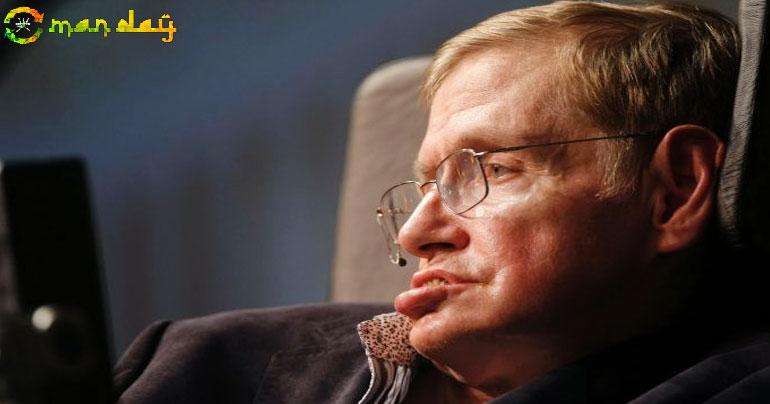Stephen Hawking dies aged 76, family says
Physicist Stephen Hawking has died at the age of 76, British media is reporting his family as saying.
He died peacefully at his home in Cambridge in the early hours of this morning, according to a statement from his family.
"His family have kindly requested that they be given the time and privacy to mourn his passing, but they would like to thank everyone who has been by Professor Hawking's side — and supported him — throughout his life," the statement said.
His children Lucy, Robert and Tim said they were deeply saddened by their father's passing.
"He was a great scientist and an extraordinary man whose work and legacy will live on for many years. His courage and persistence with his brilliance and humour inspired people across the world," they said.
"He once said, 'it would not be much of a universe if it wasn't home to the people you love'. We will miss him forever."
The University of Cambridge will be opening a book of condolence at Gonville and Caius College for those wishing to pay tribute to his life.
Professor Hawking sought to explain some of the most complicated questions of life while himself working under the shadow of a likely premature death.
In 1963 Professor Hawking was diagnosed with motor neurone disease and was given two years to live.
He went on to become a researcher at the University of Cambridge and Professorial Fellow at the Gonville and Caius College.
He was a Lucasian Professor at the university from 1979 to 2009, a position previously held by Isaac Newton in 1663.
His was dubbed one of the most brilliant theoretical physicists since Albert Einstein.
His work ranged from the origins of the universe itself, through the tantalising prospect of time travel to the mysteries of space's all-consuming black holes.
But the power of his intellect contrasted cruelly with the weakness of his body, ravaged by the wasting motor neurone disease he contracted at the age of 21.
Hawking was confined for most of his life to a wheelchair. As his condition worsened, he had to resort to speaking through a voice synthesiser and communicating by moving his eyebrows.
The disease spurred him to work harder but also contributed to the collapse of his two marriages, he wrote in a 2013 memoir My Brief History.
Read more:Stephen Hawking dies at 76: Here are 10 things you probably didn’t know about the genius
In the book he related how he was first diagnosed: "I felt it was very unfair — why should this happen to me."
"At the time, I thought my life was over and that I would never realise the potential I felt I had. But now, 50 years later, I can be quietly satisfied with my life," he wrote.
Hawking shot to international fame after the 1988 publication of A Brief History of Time, one of the most complex books ever to achieve mass appeal, which stayed on the Sunday Times best-sellers list for no fewer than 237 weeks.
He said he wrote the book to convey his own excitement over recent discoveries about the universe.
"My original aim was to write a book that would sell on airport bookstalls," he said.
"In order to make sure it was understandable I tried the book out on my nurses. I think they understood most of it."
He was particularly proud that the book contains only one mathematical equation — relativity's famous E=MC squared.
tag: internationalnews , information
Share This Post






